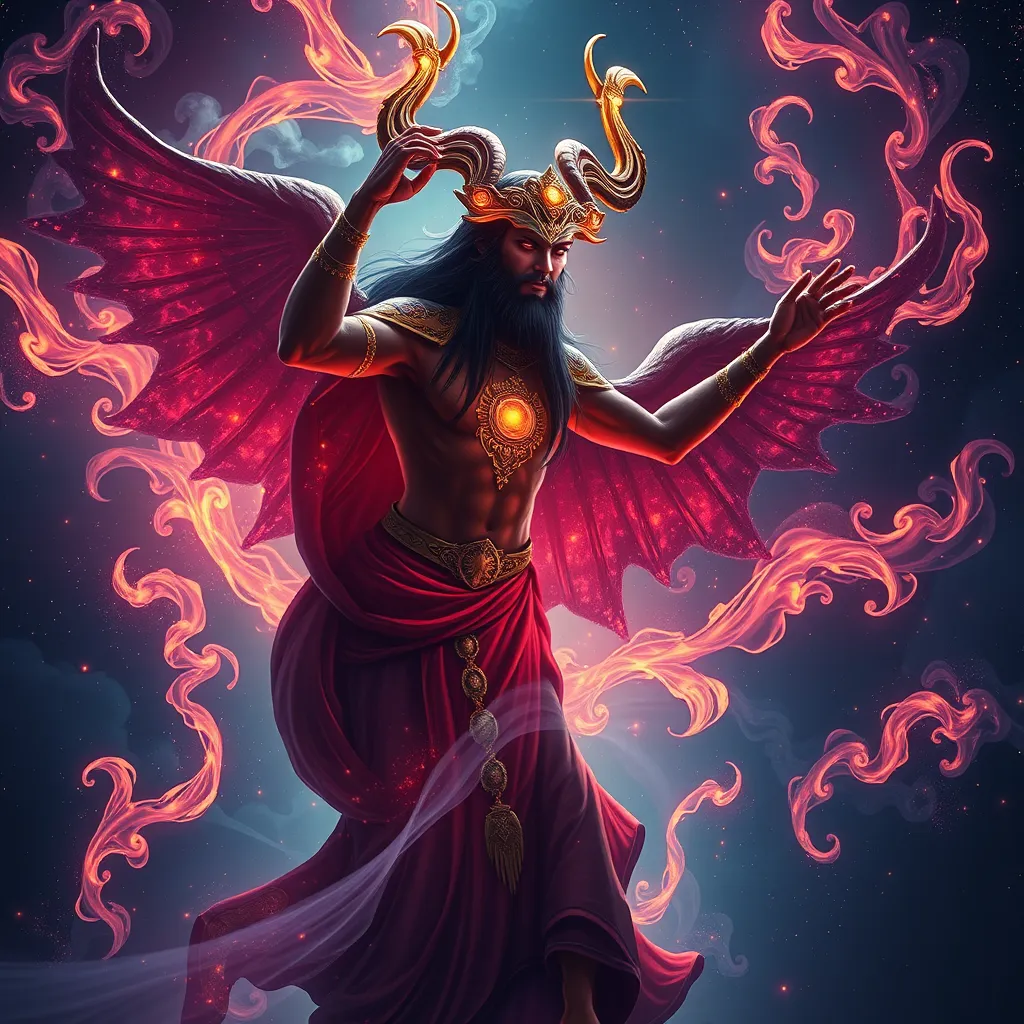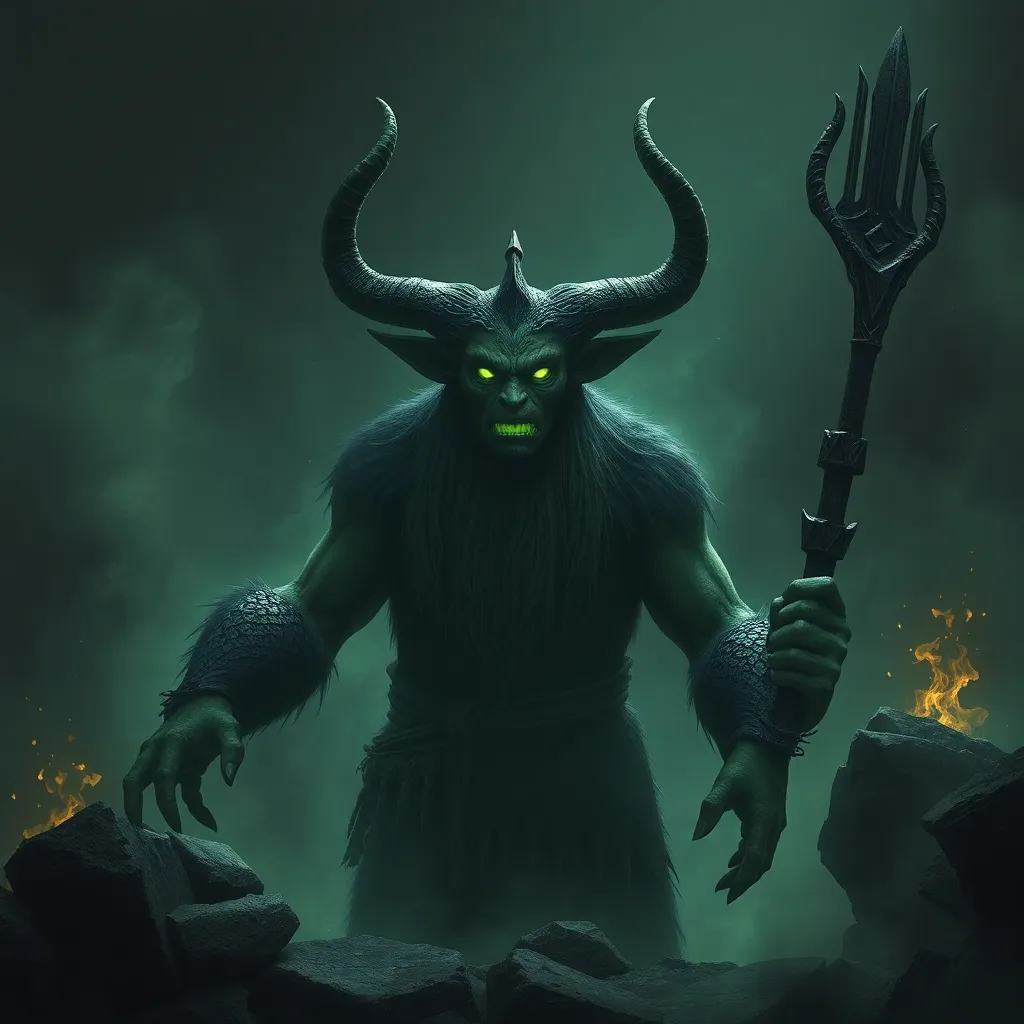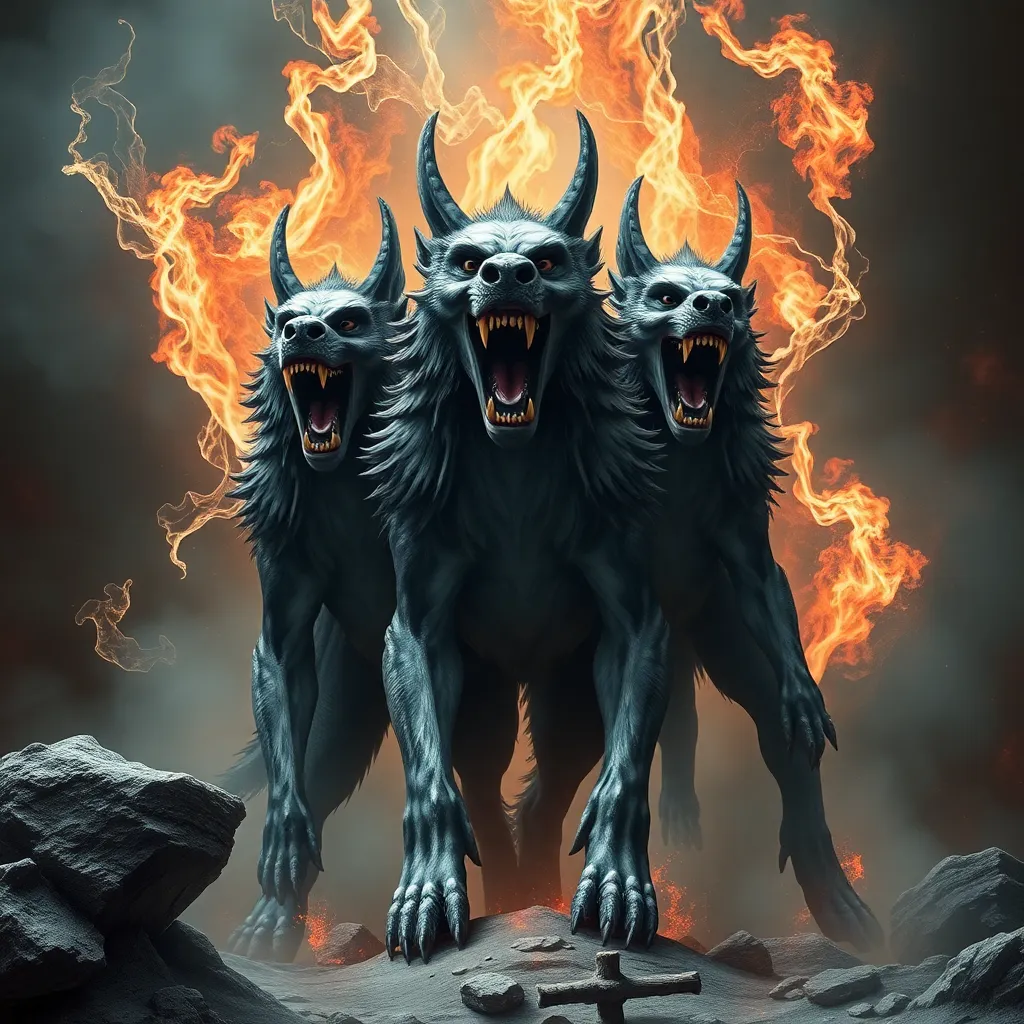Jinn and the Concept of Free Will: Exploring the Moral Dimensions of Jinn
I. Introduction
The concept of Jinn has fascinated humanity for centuries, woven into the fabric of Islamic theology and numerous cultural narratives. Defined as supernatural beings created from smokeless fire, Jinn exist alongside humans in a parallel reality, possessing their own distinct characteristics and abilities. Understanding Jinn within both Islamic and cultural contexts is crucial, particularly when exploring their moral dimensions and the concept of free will.
This exploration is significant as it delves into the relationship between Jinn and free will, raising questions about their agency, morality, and the impact of their actions on the human realm. The moral implications of Jinn, especially regarding their ability to choose between right and wrong, are essential for comprehending their role in human lives.
II. The Nature of Jinn
A. Origins and classifications of Jinn
Jinn are mentioned in the Quran and Hadith, indicating their origins in Islamic theology. According to Islamic belief, they were created by Allah before humans and exist in a world invisible to us. Jinn are classified into various categories, including:
- Marid: Often depicted as powerful and rebellious, capable of granting wishes.
- Ghul: Associated with desolation, known to prey on travelers.
- Shayatin: Malevolent beings that lead humans astray.
B. Characteristics and abilities of Jinn
Jinn possess unique abilities that differentiate them from humans, including:
- Invisibility and shape-shifting.
- Superhuman strength and speed.
- Telepathy and the ability to influence human thoughts and actions.
C. The role of Jinn in various cultural narratives
Culturally, Jinn play significant roles in folklore and literature, often representing the unknown and the complexities of human nature. They are depicted in stories as helpers, tricksters, or malevolent entities, illustrating the duality of their nature.
III. Free Will in Islamic Theology
A. Understanding free will from an Islamic perspective
In Islamic theology, free will is a fundamental concept. Humans are endowed with the ability to make choices, which is essential for moral responsibility. The Quran emphasizes that individuals are accountable for their actions, indicating a belief in the exercise of free will.
B. The balance of predestination and free will
Islam also teaches the concept of Qadar, or divine predestination, suggesting that while Allah has knowledge of all events, humans still possess the freedom to choose their paths. This balance creates a complex relationship between divine will and human agency.
C. The implications of free will for human beings
The implications of free will in Islam underscore the importance of ethical decision-making. Humans are seen as moral agents, capable of choosing between right and wrong, and are held accountable for their choices in the afterlife.
IV. Jinn and Free Will: A Comparative Analysis
A. Do Jinn possess free will?
Like humans, Jinn are believed to possess free will. This idea is rooted in the notion that they can choose to obey or disobey Allah’s commands. The Quran mentions that some Jinn follow the path of righteousness, while others stray into malevolence.
B. The moral implications of Jinn exercising free will
The moral implications of Jinn exercising free will are profound. Their choices can lead to positive or negative outcomes, impacting the human realm significantly. Jinn that choose to help humans can be seen as benevolent, while those that cause harm reflect the darker aspects of free will.
C. Examples of Jinn actions and their consequences
Examples abound in Islamic texts and folklore where Jinn’s free will leads to various consequences:
- Helpful Jinn: Jinn who assist individuals in their endeavors, leading to success.
- Malevolent Jinn: Those who deceive or harm humans, causing chaos and suffering.
V. Ethical Considerations in Jinn Interactions
A. The moral responsibilities of Jinn
Jinn, like humans, are believed to possess moral responsibilities. Their actions are subject to accountability, and they are expected to choose wisely. The consequences of their actions can have far-reaching effects on both their world and the human world.
B. The impact of Jinn on human lives and choices
The impact of Jinn on human lives can be profound. They can influence human thoughts, emotions, and choices, leading to moral dilemmas and ethical challenges. Understanding these interactions is essential for navigating the complexities of human-Jinn relationships.
C. The concept of accountability in the realm of Jinn
In Islamic teachings, Jinn are held accountable for their actions, similar to humans. This accountability reinforces the notion that both beings must navigate their existence with moral consideration and awareness of the consequences of their choices.
VI. Jinn in Folklore and Literature
A. Representations of Jinn in stories and myths
Jinn have been represented in countless stories and myths across cultures, often embodying themes of temptation, morality, and the human condition. Their portrayals can range from wise and benevolent figures to deceptive and malicious entities.
B. Moral lessons derived from Jinn encounters
Many tales featuring Jinn impart moral lessons, emphasizing the importance of discernment and ethical behavior. These stories often serve as cautionary tales, illustrating the consequences of succumbing to temptation or making poor choices.
C. Jinn as symbols of temptation and moral testing
In literature, Jinn frequently symbolize temptation and moral testing. They challenge human characters to confront their desires and weaknesses, often leading to significant growth or downfall depending on the choices made.
VII. Contemporary Perspectives on Jinn and Morality
A. Jinn in modern culture and media
In contemporary culture, Jinn have found their place in movies, books, and television shows, often reimagined for modern audiences. These representations can influence public perception and understanding of Jinn and their moral implications.
B. Changing perceptions of Jinn and their moral implications
As society evolves, so too do perceptions of Jinn. They are increasingly viewed through a psychological lens, with some interpretations focusing on their role as manifestations of inner conflicts and moral struggles within individuals.
C. The relevance of Jinn in discussions of ethics today
The relevance of Jinn in contemporary discussions of ethics remains significant. Their dual nature as benevolent and malevolent beings invites ongoing exploration of morality, temptation, and the human condition in an ever-changing world.
VIII. Conclusion
In summary, the exploration of Jinn and the concept of free will reveals a rich tapestry of moral dimensions that resonate deeply within both Islamic theology and cultural narratives. The nature of Jinn, their free will, and the ethical implications of their actions are essential in understanding their role in human lives.
As we continue to explore the significance of Jinn in moral contexts, it becomes evident that their existence offers valuable insights into the complexities of agency, responsibility, and the ongoing struggle between good and evil. Future research directions may delve deeper into the intersections of Jinn, morality, and contemporary ethical discussions, enriching our understanding of both the supernatural and the human experience.



